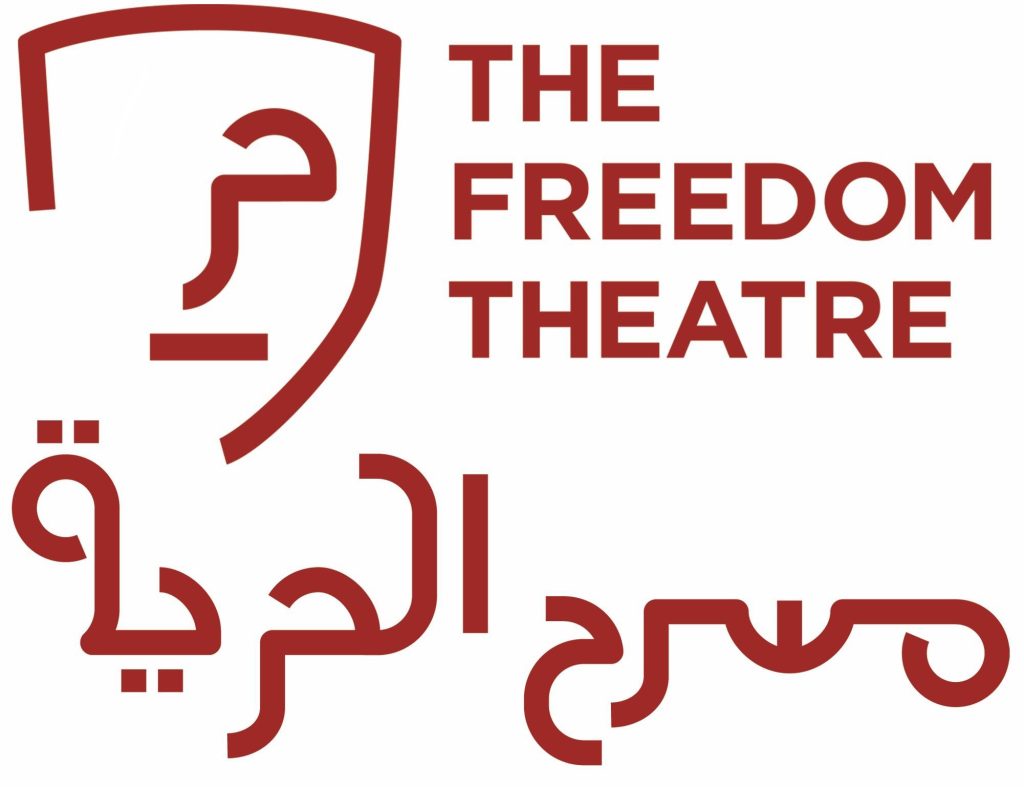Following the success of Our Sign is the Stone, based on stories from the village Nabi Saleh, The Freedom Theatre returns to Area C to document the life and resistance of people in Atuwani in the South Hebron Hills. Like other Palestinian communities in Area C, Atuwani is under full Israeli civil and military control. In contempt of international law, Israel has established a discriminatory system where Palestinians in this area are denied access to their land and water, as well as basic services such as housing, health care and education for their children, while facing constant harassment by Israeli settlers from the illegal colonies nearby.
The play that is being developed follows extensive research and interviews with community members, with a special focus on the women who play a central role in Atuwani’s struggle.
“We aim to understand why the struggle has been successful there, despite so many obstacles”, says Faisal AbuAlheja who is directing the play. “Out of all the interviews we made, we are now identifying the essence of this community’s story and have found three themes: humanity, resistance and organization.”
The production involves the first-year Theatre School students in the devising process and as actors.
“To me this play is a perfect exercise in cultural resistance”, says Faisal. “We go to a community that is facing unimaginable pressure and harassment from settlers and army. Yet they have managed to stay together, to fight together. We collect their stories, analyze them, turn them into a play, and then our students tell the stories to other communities around the West Bank.”
Atuwani opens in Jenin on October 14th and will subsequently tour to villages, towns and refugee camps, among them of course Atuwani.
14/10 Opening at Cinema Jenin, at 18:00
15/10 Jabaa, at 18:00
20/10 Jiftlik, at 18:00
21/10 Nabi Saleh, at 15:00
22/10 Ni’lin, at 18:00
23/10 Aida Camp, at 18:00
24/10 Al Walajah, at 18:00
26/10 Maasara, at 18:00
27/10 Aroub Camp, at 18:00
29/10 Atuwani, at 17:00
30/10 Atuwani, at 17:00
Atuwani is made possible through support from Sida, as part of the PAN program, the British Council, the European Union and Arab Fund for Arts and Culture.
